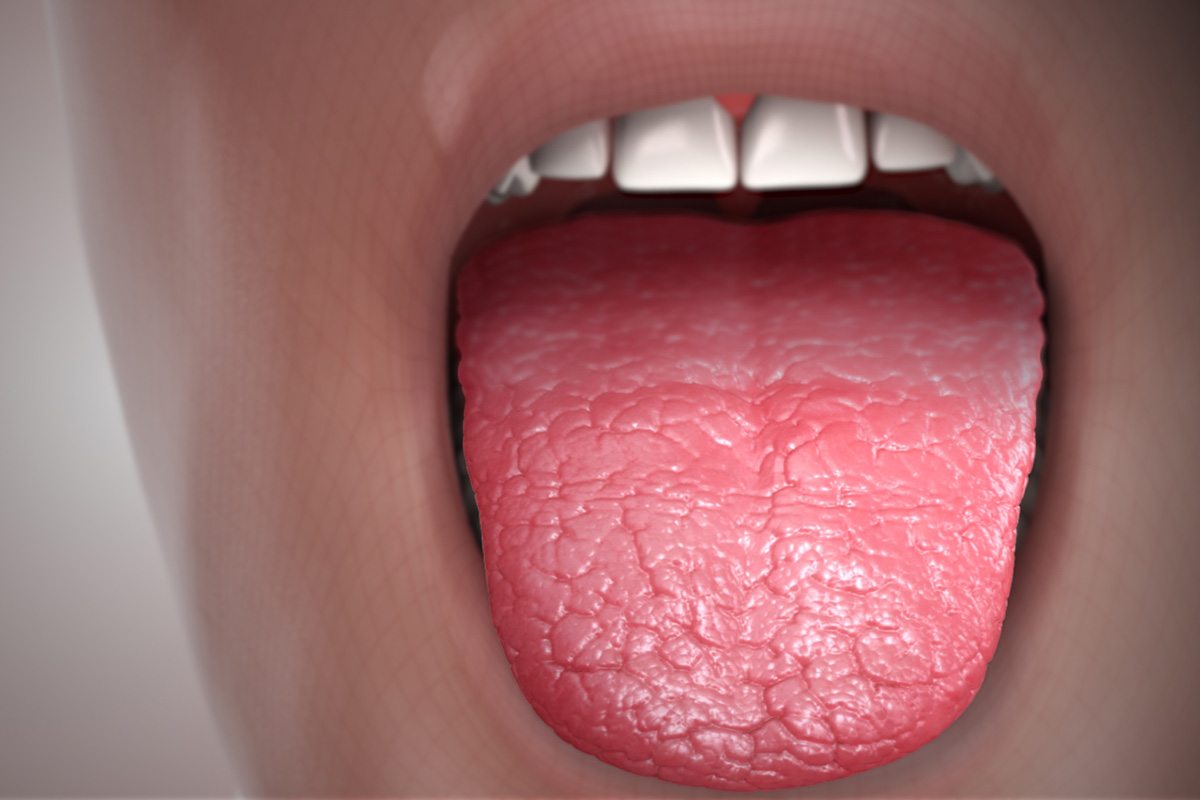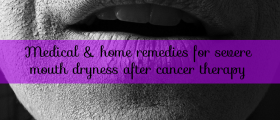
What is Xerostomia?Xerostomia is a medical term for dry mouth, the condition of not having enough saliva. It is not a disease but can be symptom of certain medical conditions. Xerostomia affects daily life and oral health of many. Prolonged absence of saliva flow can lead to severe complications.
One of the symptoms of Xerostomia includes difficulty when swallowing. Dry food especially creates this problem which can even lead to choking. People affected by Xerostomia usually prefer soups and pastas. Xerostomia patients also experience symptoms like problems with speaking or wearing dentures, painful tongue, taste disorders, inflammation of the lips and oral candidiasis. Bad breath and frequent need for fluids are symptoms of dry mouth as well.
Causes of Xerostomia
Xerostomia is nowadays commonly caused by prescribed and over-the-counter medications. This condition currently affects approximately 10% of population. In United Stated, 50 % of adults, especially over 65, take some medication during every week. Medications can help us but are also associated with number of side effects. More than 400 commonly prescribed medications are associated to dry mouth. Additionally, 64 percent of all Xerostomia cases are caused by such medications. Since new medications are constantly produced, this condition will be seen more often.
Depression, cardiovascular conditions, cancer and neurological diseases like Parkinson’s disease and multiple sclerosis are usually treated with medications associated to Xerostomia.
Medications that list Xerostomia as one of the side effects include: Cardiovascular medications – antihypertensives and diuretics. Antideppressants Sedatives Antiallergens AntacidsIf a doctor determines that Xerostomia in a patient is caused by medications, he may alternate the therapy or suggest gland-stimulating drugs.
Health conditions that may cause dry mouth include Sjögren’s syndrome, endocrine disorders, stress and depression. Xerostomia can also occur in patients suffering from diabetes, HIV, hepatitis and Parkinson’s disease. In cancer patients, Xerostomia frequently occurs due to radiation therapy or chemotherapy since these therapies may harm salivary glands.
Complications of XerostomiaSaliva is vital for many functions such as tasting, swallowing, speaking, digestion and regulating bacterial growth in the mouth thus preventing tooth decay. Reduced or absent saliva flow can lead to various complications. It mostly affects oral health such as gum line decay, infection of teeth and gums, formation of excess plaque, dental caries, tooth decay, oral candidiasis, and inflamed fissures at the corners of the mouth. These complications are accelerated due to lack of antibacterial properties of saliva. If a sufferer consumes lots of sugary drinks to stimulate saliva or maintain moisture in the mouth, these complications can become worse.




_f_280x120.jpg)












Your thoughts on this
Loading...